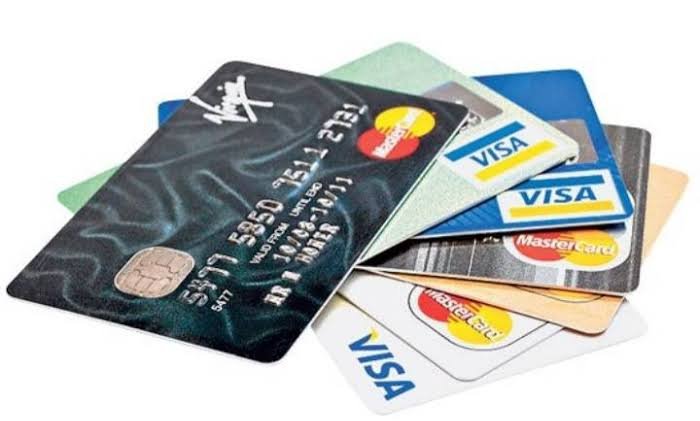Two leading Nigerian commercial banks, United Bank for Africa (UBA) and Wema Bank, have reinstated international transaction capabilities on their naira debit cards, nearly three years after the service was suspended across the banking sector due to foreign exchange (FX) shortages.
In separate notices to customers, the banks announced the reactivation, marking a significant step in easing cross-border transactions for Nigerians.
UBA said the service is now available on all its Premium Naira Cards — Gold, Platinum, and World variants. “In line with our continued commitment to providing seamless and enhanced banking experiences, we are pleased to inform you that all UBA Premium Naira Cards… are now enabled for international transactions,” the bank stated.
“This means you can now use your Premium Naira Card for everyday payments, online shopping, POS, and ATM transactions across the world.”
Wema Bank also disclosed that its naira Mastercard now supports dollar payments on international platforms like Amazon, eBay, Netflix, Spotify, and YouTube.
Why the Resumption Now?
Financial experts attribute the decision to improvements in Nigeria’s FX landscape. Ayokunle Olubunmi, head of financial institutions ratings at Agusto & Co, said improved FX liquidity and reduced arbitrage in the parallel market played a key role.
Charles Sanni, CEO of Cowry Treasurers, added that the narrowing spread between official and black-market rates, high interest rates discouraging currency speculation, and increased diaspora remittances influenced the shift.
Sanni also pointed to renewed confidence in FX management by the Central Bank of Nigeria (CBN) and the federal government, improved credit ratings, cleared FX backlogs, and rising oil prices.
Between July 2022 and January 2023, several banks — including Standard Chartered, FirstBank, GTBank, and Zenith Bank — had halted international transactions on naira cards due to FX scarcity. Fintechs like Flutterwave and Eversend also suspended their virtual dollar card services during the period.
The recent resumption signals renewed stability in Nigeria’s financial ecosystem and provides relief to customers seeking global financial access with naira-based instruments.











